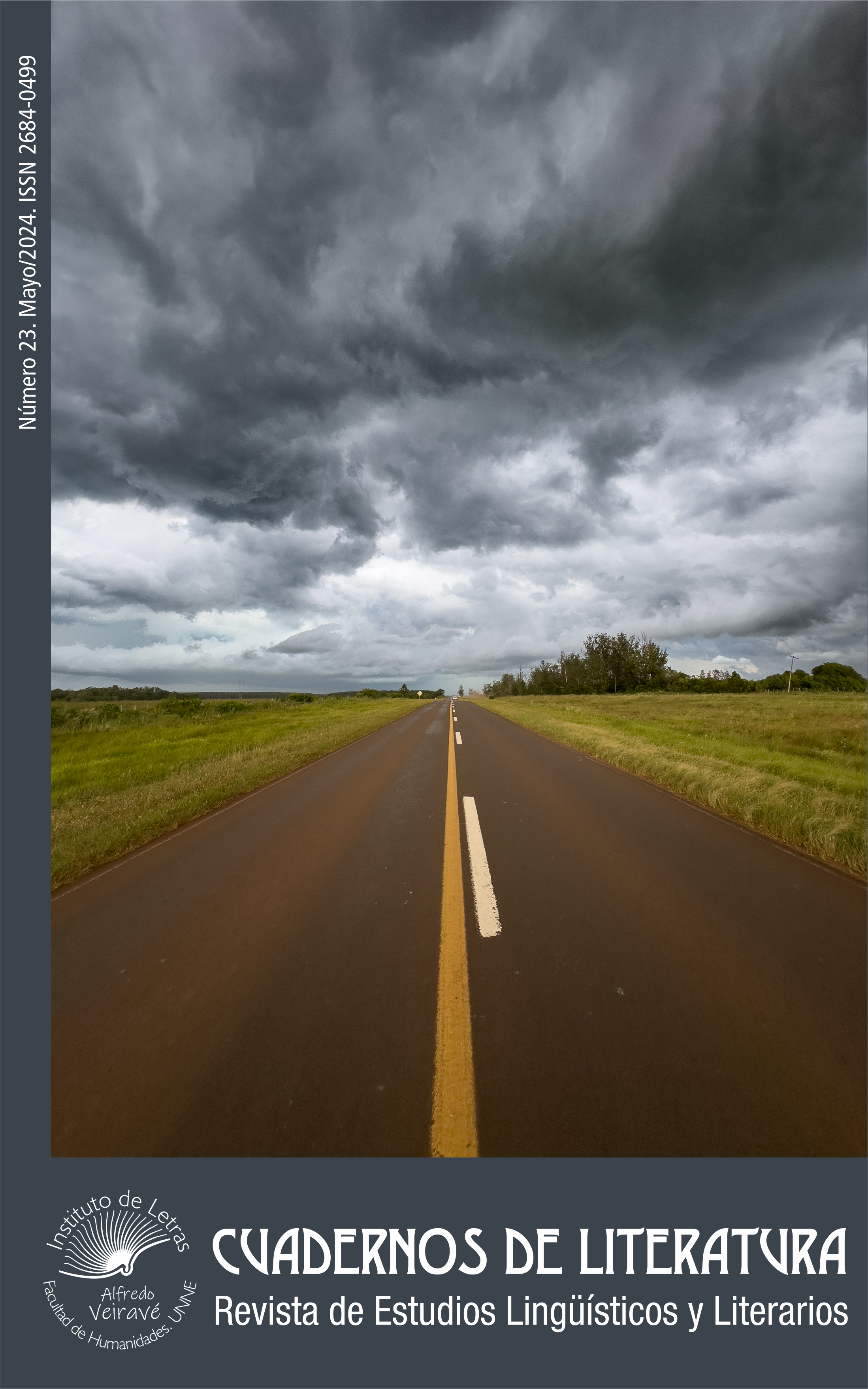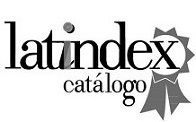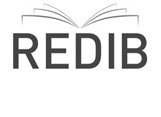Literature and power in Le crépuscule des singes and Le roman de monsieur de Molière
DOI:
https://doi.org/10.30972/clt.237451Keywords:
Moliere, Mikhaïl Boulgakov, power, literature, censorshipAbstract
This work proposes, from the postulates of Michel Foucault, to give an account of the relationships between literature and the forms of power in two works: Le crépuscule des singes (2022), by Alison Cosson and Louise Vignaud, and Le roman de Monsieur de Molière (1962), by Mikhail Boulgakov. The first is a theatrical piece that was part of the programming for the 400th anniversary of Molière's birth. For its creation, the authors took, as source text, the second work, which is the biographical fiction that Bulgakov wrote about Molière. In both, the story reveals the censorship devices that condemned the two authors, Molière and Boulgakov, to an artistic life curtailed by political, real and factual power.
References
Biet, Christian. (2013). Molière et l'affaire Tartuffe (1664-1669). Histoire de la justice, 23(1), 65-79. https://bit.ly/4bDnlAN DOI: https://doi.org/10.3917/rhj.023.0065
Boulgakov, Mikhaïl. (1972). Le roman de monsieur de Molière. Traducido del ruso al francés por Michel Pétris. Paris, Folio.
Cosson, Alice y Vignaud, Louise. (2022). Le crépuscule des singes. En L’avant-scène théâtre, 1519. Paris, Les Éditions l’avant-scène théâtre.
Foucault, Michel. (1992). El orden del discurso. Traducido del francés por Alberto González Troyano. Buenos Aires, Tusquets.
Mayorga, Juan. (2000). Cartas de amor a Stalin. Signa: revista de la Asociación Española de Semiótica, 9, 211-255. https://bit.ly/4bGRCP4 DOI: https://doi.org/10.5944/signa.vol9.2000.32640
Verjat, Alain. (2010). El teatro. Siglo XVII. En Prado, Javier Del (comp.), Historia de la literatura francesa (pp. 430-459). Madrid, Cátedra.









52.jpg)









